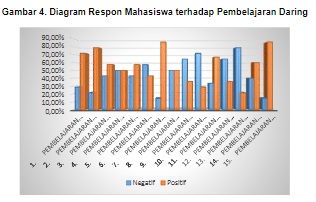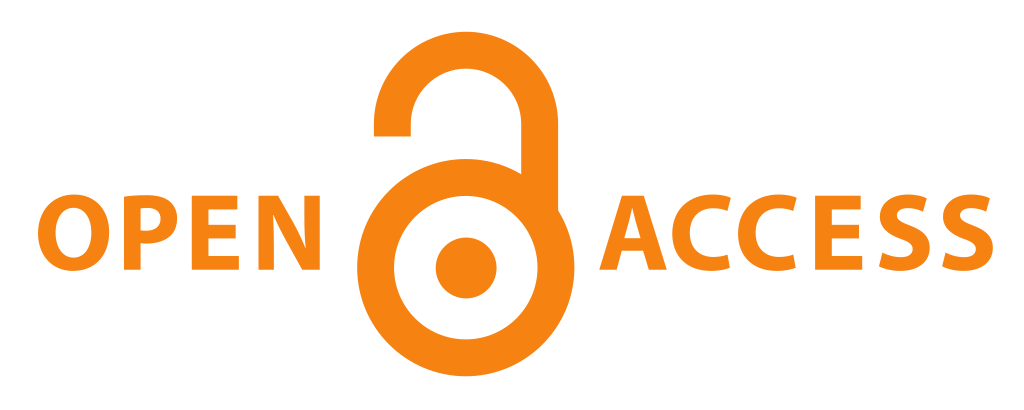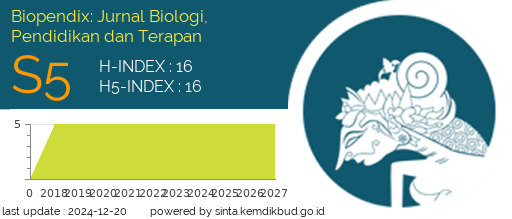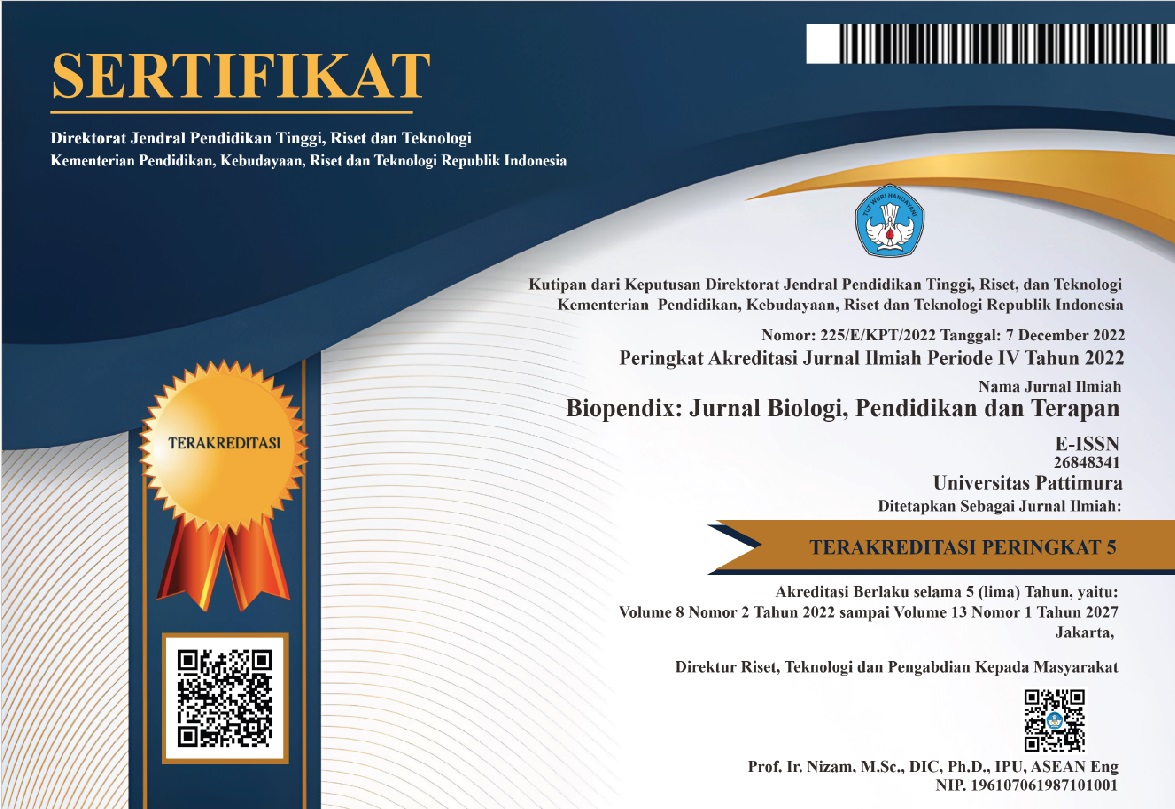PENGEMBANGAN KELAS DARING BERMUATAN PENDIDIKAN KARAKTER PADA MATA KULIAH SEJARAH FISIKA
Abstract
Background: In the era of the industrial revolution 4.0, teaching and learning can be done by utilizing technology. One of the uses of technology in teaching and learning is the online learning model (in the network). One of the benefits of online learning can be accessed by anyone, regardless of time and space. Even though in online learning lecturers and students cannot meet face to face directly, this learning can still measure students' cognitive, affective and psychomotor learning outcomes. Affective and psychomotor learning outcomes are closely related to the character values of students.
Methods: This research is a type of development research to develop online learning. In this study, adapting the 4D model (define, design, develop and disseminate). This research was conducted from June 2020 to August 2020 with the research location in Class B of the Physics History Course of the Physics Education Study Program at the Pattimura University.
Results: This research shows that the development of online classroom tools with character education in the history of physics course is feasible, online class tools that contain character education are quite effective in activating students in the teaching and learning process and learning by using online learning with character education can improve student learning outcomes. Seen in the students' cognitive scores that increased from the initial test or pretest.
Conclusion: The development of online classes with character education is suitable for application in the history of physics course.
Downloads

Authors who publish with this Journal agree to the following terms:
- Author retain copyright and grant the journal right of first publication with the work simultaneously licensed under a creative commons attribution license that allow others to share the work within an acknowledgement of the work’s authorship and initial publication of this journal.
- Authors are able to enter into separate, additional contractual arrangement for the non-exclusive distribution of the journal’s published version of the work (e.g. acknowledgement of its initial publication in this journal).
- Authors are permitted and encouraged to post their work online (e.g. in institutional repositories or on their websites) prior to and during the submission process, as it can lead to productive exchanges, as well as earlier and greater citation of published works




 2
2






